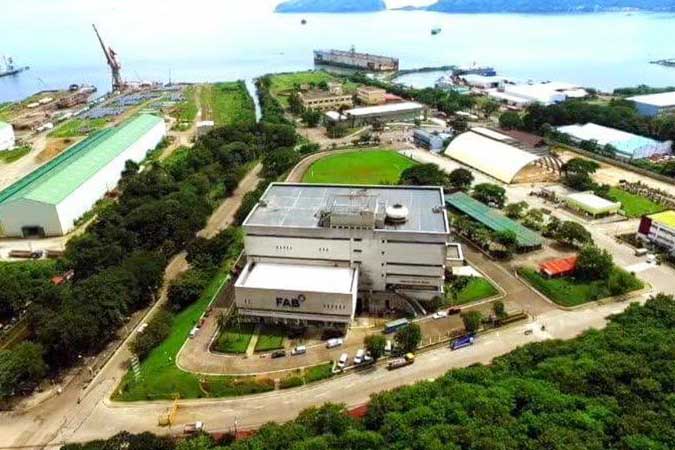
THE amendments to the value-added tax (VAT) zero-rating guidelines makes the process of obtaining the tax exemption easier for exporters, analysts said.
“Removing the requirement for suppliers to secure prior zero-rating approval from the Bureau of Internal Revenue (BIR) before the suppliers can treat the transaction as zero-rated will definitely make transactions between sellers and buyers faster and practical,” Eleanor L. Roque, tax principal of P&A Grant Thornton, said in a Viber message.
The BIR recently released Revenue Regulations (RR) No. 3-2023, which amended the VAT zero-rating guidelines.
Key exporters had urged the government to address the “conflicting provisions” in the VAT zero-rating guidelines, which stemmed from the Corporate Recovery and Tax Incentives for Enterprises (CREATE) Act.
The CREATE Act requires business enterprises to prove that the local purchases of goods and services are directly and exclusively used in their registered activities in order to avail themselves of the VAT zero-rating. Otherwise, they are subject to 12% VAT.
Under RR No. 3-2023, local suppliers of goods and services of registered export enterprises are no longer required to apply for approval of VAT zero-rating with the BIR.
Instead, the VAT zero-rating on local purchases of goods or services is to be availed of on the basis of a certification issued by the Investment Promotion Agency (IPA).
“In all instances, in issuing the VAT-zero rating certification, the concerned IPA will be guided by the rule that such local purchases of goods and services are directly attributable to the registered project or activity, i.e., without which the project or activity cannot be carried out,” it said.
It also defined these local purchases as “costs that are indispensable to the project or activity, i.e., without which the project or activity cannot proceed, and these include expenses that are necessary or required depending on the nature of the registered project or activity of the export enterprise.”
However, it noted that the BIR may conduct post-audit investigation or verification to check if the goods and services are directly and exclusively used in the registered project or activity.
The guidelines also specify the local purchases of goods or services that shall not be considered as directly and exclusively used in the registered project or activity of a registered export enterprise.
The regulations also further note that health maintenance organization plans acquired by registered export enterprises for employees who are directly and exclusively involved in the operations of their registered projects or activities and forming part of their compensation are considered directly and exclusively used in the registered project or activity.
“This means that they no longer need the prior approval of the BIR to be able to enjoy zero-rating on their purchases. The prior requirement delayed a lot of transactions as they had to wait for the BIR to issue the approval before the sale could be booked or closed,” Ms. Roque said.
“This has been pending for the longest time; it has impacted many Information Technology and Business Process Management (IT-BPM) industries and processing zones. It’s good news. If it’s finally resolved, that would be very beneficial to exporters and local suppliers,” Philippine Chamber of Commerce and Industry George T. Barcelon said by phone call.
“It’s a significant improvement. As discussed with the Department of Trade and Industry (DTI), the industry hopes to simplify by just designating companies which export at least 70% to be granted zero VAT for its supply of products and services,” Semiconductor and Electronics Industries in the Philippines Foundation, Inc. President Danilo C. Lachica said in a Viber message.
Ms. Roque noted that the “burden is now shifted to the seller to prove that the transaction qualifies for zero-rating as this will be an issue during the post audit.”
“Normally, the supplier will not have the necessary information for him to judge whether his goods or services are ‘directly and exclusively used’ by the registered business enterprise,” she said.
“In this case, the suppliers should be able to rely on the certification issued by the registered business enterprise that the goods or services are ‘directly and exclusively used.’ If there is a misrepresentation, it should not be the liability of the supplier who merely relied on information supplied to him,” she added. — Luisa Maria Jacinta C. Jocson
Amended VAT zero-rating rules seen easing exporter dealings with suppliers
Source: Bantay Radio
0 Comments